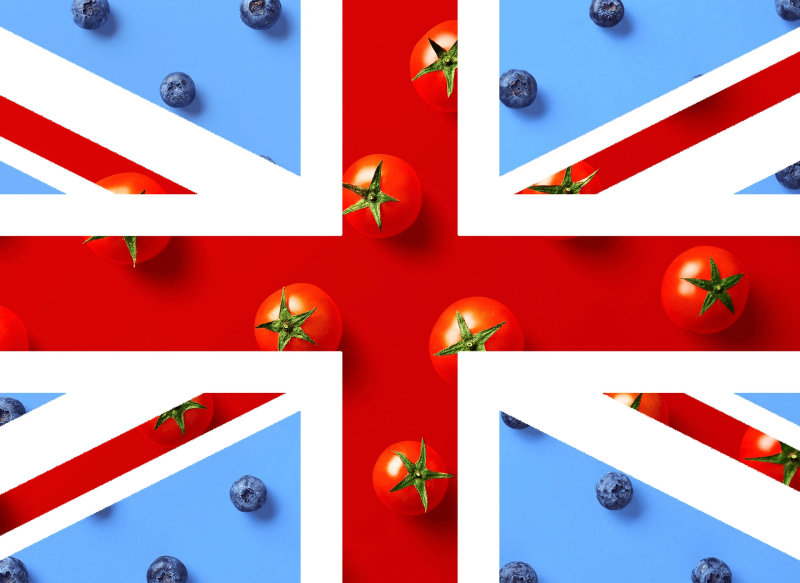Viewpoint: Two dozen gene-edited crop field trials set to begin later this year in England ‘could have major benefits’

Later this year gene-edited crops will be planted at about two dozen commercial farms across England for the first time to see how plants previously confined to the laboratory and glasshouse will fare in real-world conditions. No other European nation is conducting such trials because the European Union treats gene-editing the same as it does gene-modification, effectively banning cultivation. Recent legislation passed at Westminster (but not enacted by Holyrood or the Senedd) makes a distinction between GE and GM, allowing the sowing of the former to go ahead. This farsighted decision could have major benefits.
At a time of climate fluctuation and international upheaval, the benefits of developing domestic food sources more resistant to weather, pathogens and pests are clear. The gene-edited crops being trialled could reduce methane emissions of cattle, cut carcinogens and produce a larger wheat grain. These are self-evidently desirable outcomes.
